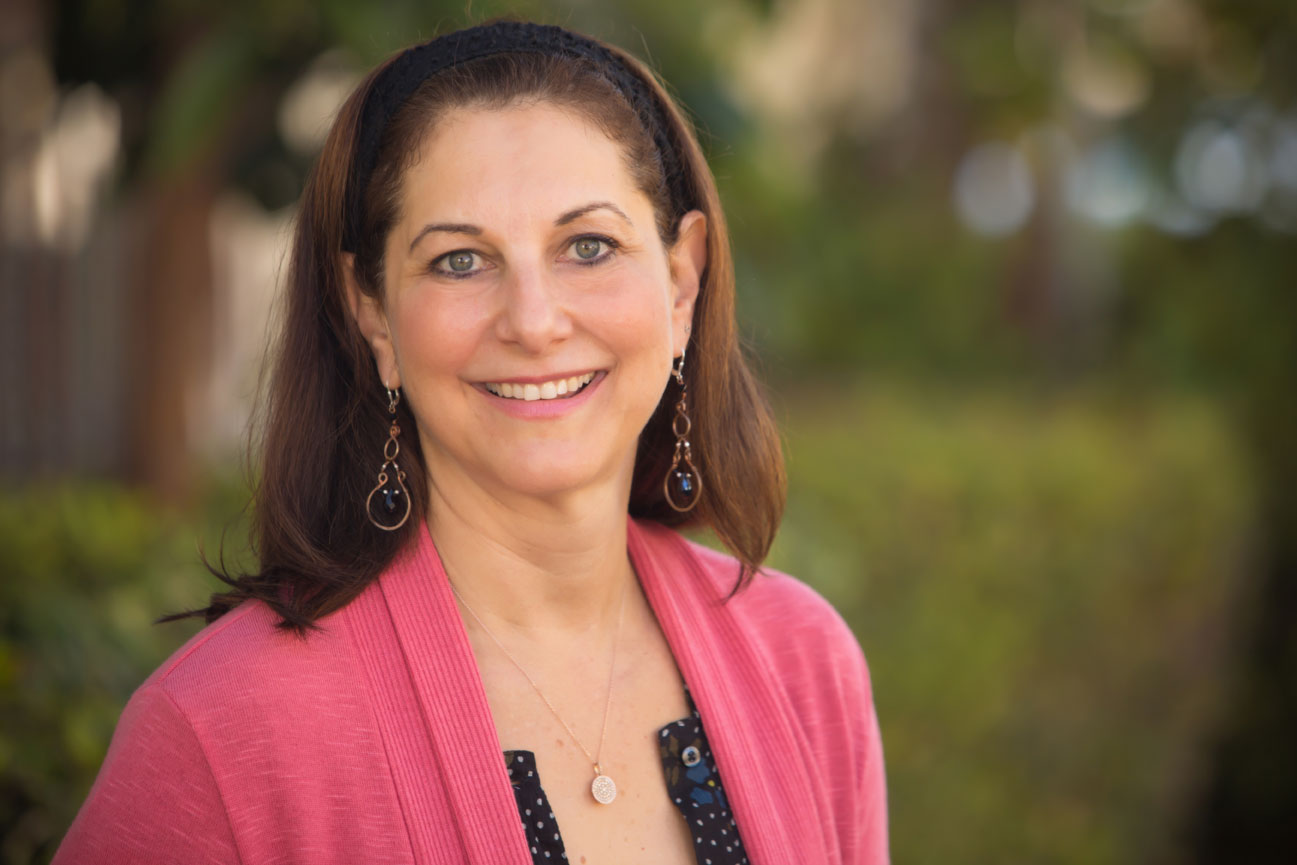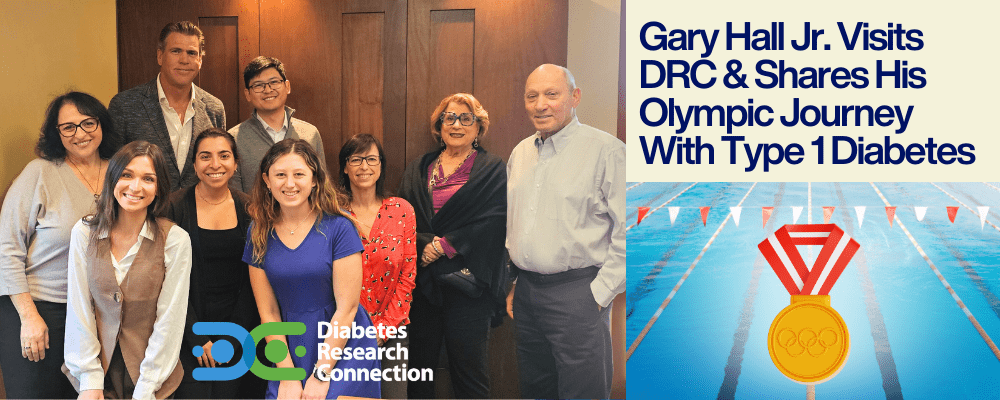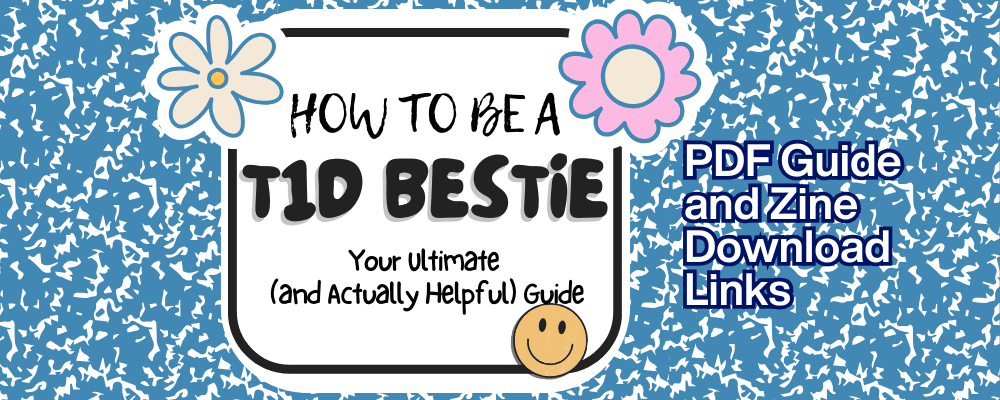Amy Adam’s son was diagnosed with T1D when he was five years old. She served on the Board of Directors and various committees for the Juvenile Diabetes Research Foundation (JDRF) Chicago chapter for 10 years and was a contributing writer to Insulin Free Times. This is her second term on the DRC Board, and she has served as the Lay Person Review Committee Chair since DRC’s inception.
It’s hard to believe that 30 years, hundreds of thousands of blood tests and shots, innumerable doctors’ visits and procedures, and countless renewed vows to find that elusive combination of food, activity, and insulin have passed since my own child was diagnosed with Type 1 Diabetes. Time has propelled us forward like tumbleweeds in a dust storm, yet the rigorous demands and challenges of diabetes have clung stubbornly to him every step of the way. One of the most significant personal challenges I have encountered along this path is having to stand by and watch my child’s indomitable spirit rise and fall as this disease continues to roll along with his organs, tissues, and psyche firmly in its grasp.
You can’t outgrow Type 1 Diabetes, and it is progressive. Most Type 1 diabetics develop at least one complication, and close to 50% of Type 1 diabetics will develop disabling or even life-threatening complications over their life despite their best efforts to control the disease. Perhaps due to multiple autoimmune diseases, my child struggles more than many.
Fortunately, early on our path with this disease, we met the most extraordinary doctor who medically guided us through some of his darkest hours and gave us the only trustworthy source of hope we have ever felt through his research for a cure for this insidious disease. Years later, when Dr. Hayek introduced me to an equally impressive man named David Winkler and asked me to join them in their endeavor to create a diabetes research organization with a different paradigm, I was all ears. Innovative research, such as Engineering an Insulin/Glucagon Fusion Protein, exemplifies the groundbreaking approaches driving progress toward a cure for Type 1 Diabetes.
Our founding vision for The DRC (Diabetes Research Connection) was to empower the community of young, innovative scientists, people affected by diabetes, and their supporters to propel unique and promising Type 1 Diabetes research ideas that weren’t receiving adequate attention by other organizations. Each selected project would have to be endorsed by a group of world-renowned diabetes experts who had volunteered their time to evaluate the merit of these projects to qualify for funding. Then the projects would be written in lay-friendly terms and posted on our website, where potential supporters could choose to support the projects that “spoke” to them based on their own experiences and knowledge of the disease. The scientists would provide regular updates on the progress of their project, good, bad, or inconclusive. Outcomes would be published on our website, adding to the body of diabetes knowledge in a united effort to eliminate diabetes.
Amy’s initial vision for co-founding DRC has come to fruition. In this organization’s 10th year, they have funded 48 projects, invested $2.4 M in innovative T1D research, and 12+ researchers received approximately $12M in follow on funding.




